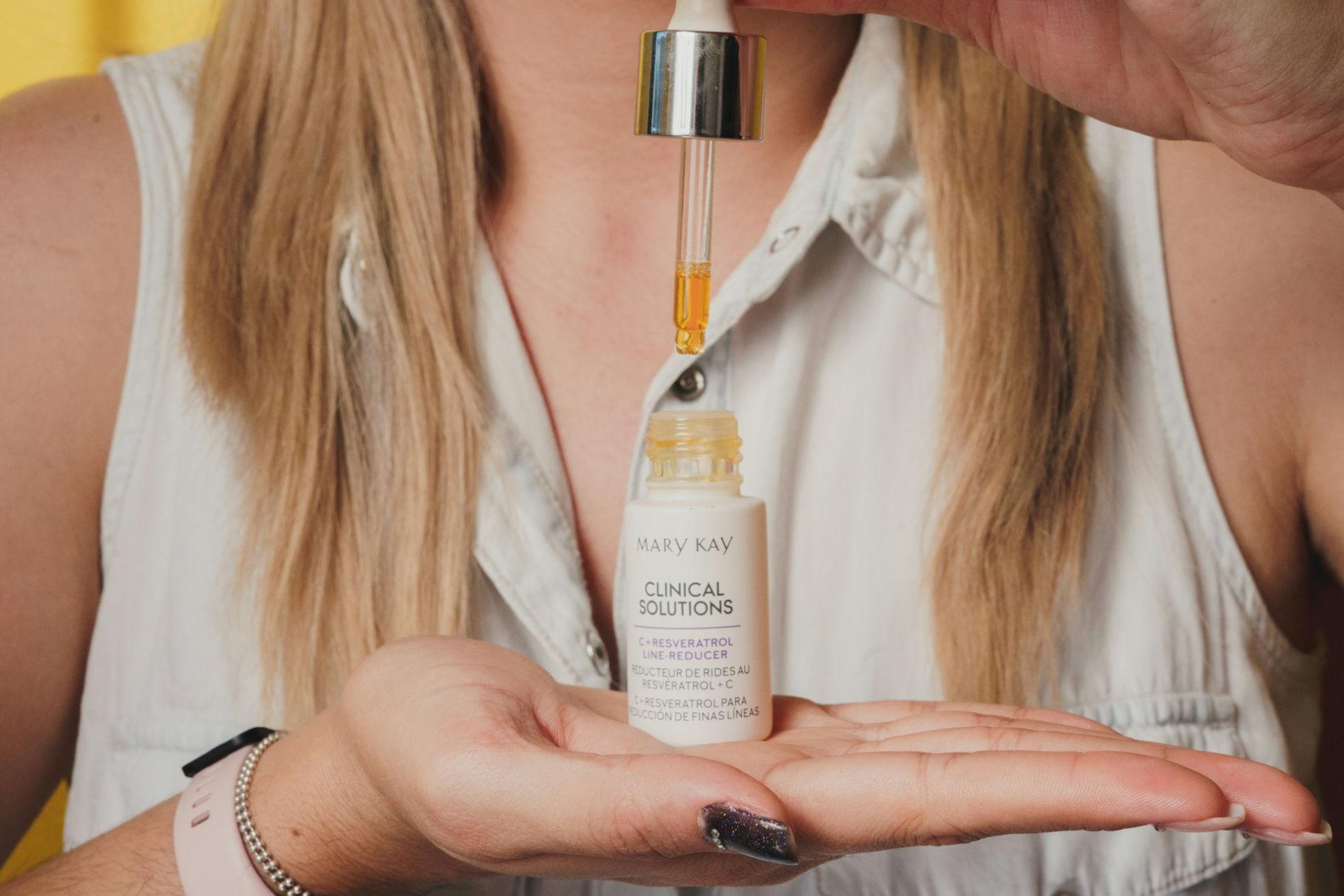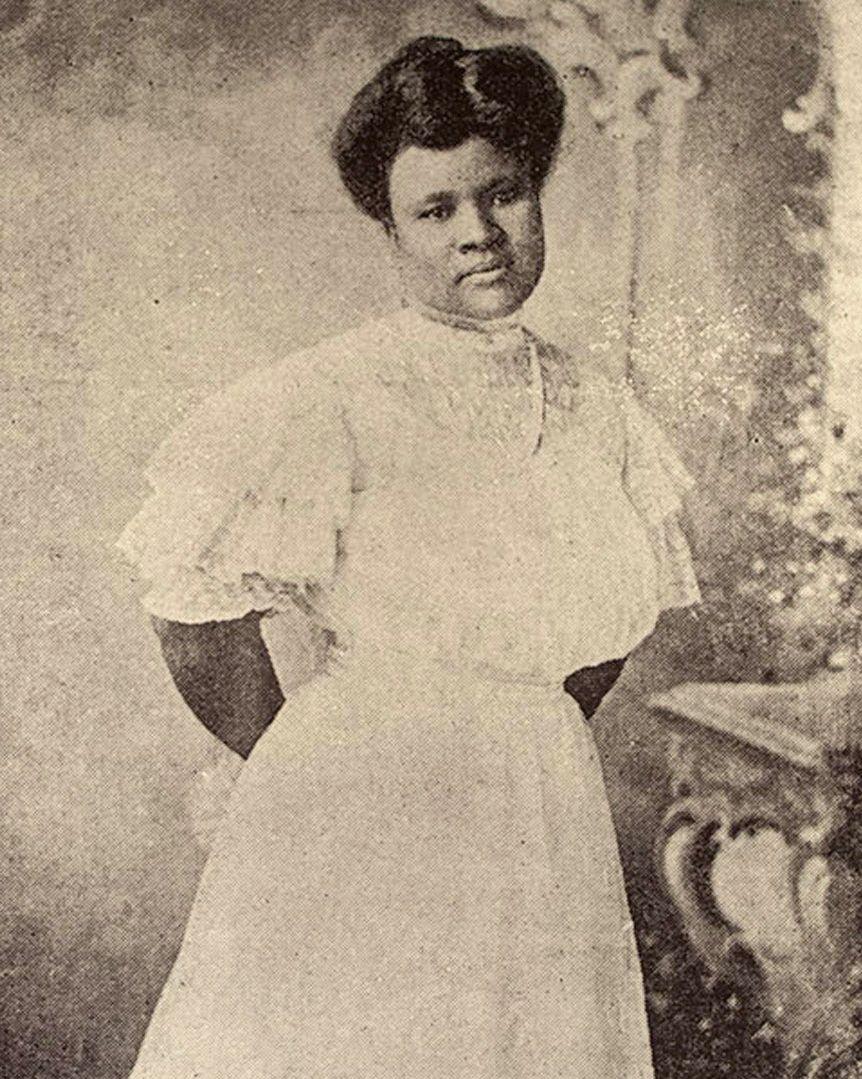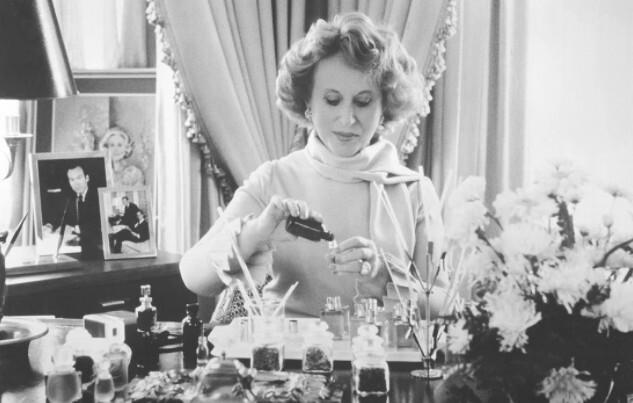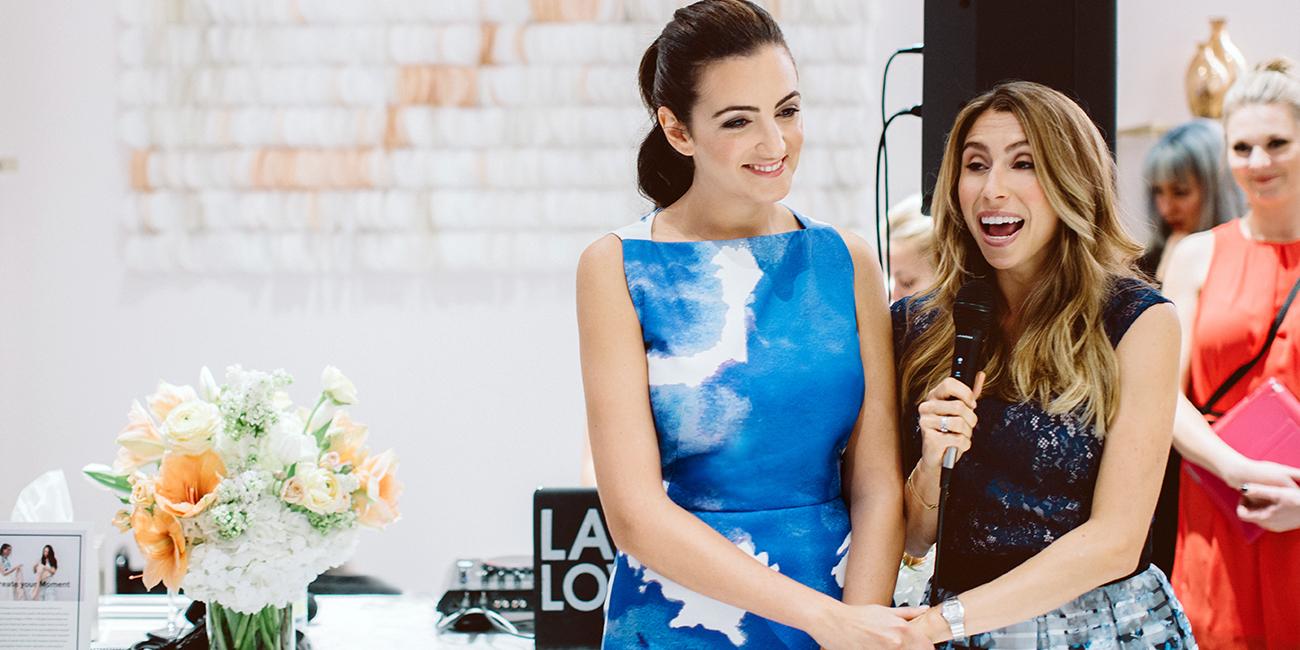Ecommerce
The Leading American Women of Retail & Ecommerce
- Written by Kaleigh Moore

Women constitute roughly one-half of the world's population, yet we only get one month—March—to talk about the historical achievements of women. Naturally, we’ve got a lot to unpack.
Fortunately, Women’s History Month has grown over the years. What was once “Women’s History Week” has taken over a full month.
And while it would be great to take a tour from Cleopatra to Sojourner Truth, we thought we’d highlight a specific angle. Who are the women who have laid the foundation for the female entrepreneurs setting the ecommerce space ablaze?
From 2014 to 2017 alone, global retail ecommerce sales will increase approximately 7x to over $8 trillion. True: a lot of e-commerce growth comes from mega-conglomerates and multi-national brands. Many of these cater to both men and women. But you’d be surprised at how many individual women have bridged the transition from traditional retail to modern ecommerce.
Who are the key American women who laid this foundation? Let’s celebrate them...
Madam C.J. Walker
Madam C.J. Walker helped pioneer retail cosmetics and haircare through the Madam C.J. Walker Manufacturing Company. Born Sarah Breedlove after the Civil War, her story was a classic rags-to-riches journey.

Walker had been orphaned at seven years old and had to find work as a domestic servant. What little education she had came from Sunday school literary lessons at church.
Eventually, she moved to St. Louis and helped support her daughters by working as a laundress for less than a dollar a day. In her case, the “rags” in “rags-to-riches” were literal.
Aside from being a lot of manual labor, laundering created some problems for Walker. She had to use harsh chemicals to clean hair and wash clothes—and those chemicals affected Walker’s health. She started noticing scalp problems and dandruff. A rash of skin disorders flared up. She even began noticing she was suffering from alopecia.
Walker started learning about hair care. Soon she discovered the Poro Company—owned by Annie Malone, an African-American healthcare entrepreneur. At age 37, Breedlove married a man named Charles Walker, took on the name “Madam C.J. Walker,” and started selling cosmetic creams door-to-door.
As it turned out, Walker wasn’t the only one suffering from poor hair care. A lot of women were struggling with alopecia. Soon, Walker’s career was doing so well that she could start her own company. She developed a formula for scalp health and hair growth, opened a beauty parlor in Pittsburgh with her husband, and started training an army of her own “Hair culturists” to advocate for the economic independece of other black women.
But Madam C.J. Walker’s story wasn’t only that she became the wealthiest African-American woman in the United States. It was that she regarded herself as a conduit for training other successful entrepreneurs to find similar success.
You can think of her as something of a 19th-century influencer. No Instagram, no TikTok, no YouTube: just a widespread gap in the market, a smart plan, and the ambition to make it grow.
“There would be no hair-growing business today,” Walker once said, “had I not started it.”
Estée Lauder
Walker’s foundational work paved the way for women in retail. Born Josephine Esther Mentzer, in 1908, Estée Lauder was one of the most influential women to walk that path.

Like Walker, Lauder began her work by going into sales for herself. In her case, she was selling cold cream to beauty shops, beach clubs, and vacation resorts. Like Walker, Lauder became something of an “influencer.” One salon owner named Florence Morris noticed Lauder had impeccable skin and wondered what the secret was. Soon, Lauder was selling her products at Morris’s salon.
Though Walker’s mail-order campaigns might strike you as somewhat dated, Lauder pioneered several strategies that we’d still recognize today:
Free samples: Lauder knew the creams she sold were efficacious. All she had to do was let women see that for themselves, and eventually, she’d build a loyal customer base.
Celebrity endorsements: Lauder noticed the credibility her own glowing skin lent to her brand. She became a symbol for the success of her products. Her reputation presaged the era of major celebrity endorsements in beauty retail.
Word-of-mouth marketing: “Telephone, telegraph, tell a woman.” That was a motto Lauder constantly bandied about in her marketing materials: tell someone else what you heard. In the era before social media reviews and shared posts, she made word-of-mouth marketing a priority.
Demonstrations and makeovers: Before the age of TikTok edits and YouTube before-and-afters, Lauder took her beauty regimen to Manhattan to perform live makeovers for clients. The free demonstrations worked like free samples: people could view the results for themselves.
Barbara Bradley and Patricia Miller
The founders of Vera Bradley luggage started out with about $500 in 1982. By 1987, Miller and Bradley had grown it into a full-fledged company.
Their rapid rise to success is worth a post all its own. But what’s interesting is that Vera Bradley never stopped innovating. They adapted to the Internet by starting online in 2004, which helped pioneer the transition from traditional retail to ecommerce.
In 2004, a national online shop wasn’t always a popular move. Some small shop owners complained that the national ecommerce presence of Vera Bradley would steal customers out from under the shops’ respective noses.
The leadership at Vera Bradley argued otherwise: the exposure would help drive traffic to the small shops.
Vera Bradley’s story has been one of adaptation and flexibility. Over time, Vera Bradley’s luggage has shifted to meet market demands. Vera Bradley has kept pace as millennials wanted more microfiber and leather goods—not to mention socially-conscious sourcing.
The evolution from brick-and-mortar to ecommerce has also been a key hinge in the evolution of all women in business. As Entrepreneur notes, one study showed that the period of 1997 through 2013 saw the number of women-owned companies increased by 59%.
And thanks to companies like Vera Bradley, they’re performing even better—with revenues from those companies growing by 63% in the same period.
Mary Kay Ash
Some of the most influential women are entrepreneurs who paved the way for others. Sometimes they lead by example. Others, like in the case of Madam C.J. Walker or Mary Kay Ash, actively work to promote the economic empowerment of women.
In the case of Mary Kay—which you’ve probably heard of—it wasn’t just skincare and makeup products changing peoples’ lives. Founded in 1963, the Mary Kay company came at a time when entrepreneurial opportunities for women were still scarce.
Mary Kay’s direct sales model allowed Mary Kay distributors to market their products directly to customers and earn commission on sales.
Mary Kay’s strategy lowered the barrier to entry for women. These saleswomen were now free to build their own client base, try their own sales strategies, and generate income with a flexible work schedule. Women were free to get creative.
And that creativity is still around today. You’ll see Mary Kay experimenting with 21st century innovations like AI analysis of skin health, for example. It’s a different way of interacting with the market—and one that may not exist without the work of Mary Kay Ash.
Jennifer Hyman and Jennifer Fleiss
Hyman and Fleiss were classmates at Harvard Business School when Hyman’s sister Becky had a problem. She needed something to wear to an upcoming wedding, but didn’t have any spare cash.

Cue the “lightbulb” moment. Hyman and Fleiss immediately noticed the hole in the market: a lot of young women like Becky were getting invited to weddings for the first time, but didn’t yet have the money to find the clothes to match.
Not through purchasing, anyway.
Fleiss and Hyman came up with “Rent the Runway". In short, they called it a Netflix for dresses. Rather than young women buying expensive dresses they’d wear once and hang up in the closet, they could “rent” them at a much more affordable price.
Within three years, Fleiss and Hyman built a “rapidly growing, 125-person, multi-million dollar enterprise,” writes The Muse.
Hyman and Fleiss have helped change the perception of what’s possible for women-led companies. Sometimes, they argue, it takes a woman to know the market.
“It’s really hard for the 60-year-old men we were pitching to understand the emotional connection that women have with fashion,” said Fleiss. “So we would take them to the trials, or we would take videos, and we would show them the experience that women were having—and that was huge.”
And Hyman and Fleiss aren’t the only women to build an empire from solving a problem for fellow women. Sara Blakely, the creator of Spanx, started her billion-dollar business because she wanted to eliminate panty lines showing through her cream-colored slacks, while Khloe Kardashian co-founded Good American because she wanted jeans for every body shape and size.
Takeaways: More than just a month
What can we glean from the lessons above?
Great entrepreneurs solve problems they see on the ground. Madam CJ Walker had scalp problems before she found the solutions and started selling them herself. Ditto for Hyman and Fleiss. Throughout the years, entrepreneurial women have noticed unique opportunities and challenges and found success by solving these problems themselves—even when the “60-year-old men” of the world couldn’t see it.
Women have been instrumental in building the modern retail environment. Netflix for dresses? AI for skin analysis? Without the retailers who see what women experience and need, these digital solutions might not exist.
There’s still room for growth. According to Statista, the share of startups with at least one female founder is still only 20%—meaning there is still plenty of work to do to expand opportunities and drive equality in the modern startup landscape. Other female founders include Jen Rubio, CEO of the Away luggage company, and Jane Lu, CEO of the fashion boutique Showpo.
As these stories become more commonplace, it will only open doors for more women to shape the future of ecommerce. In any month.






